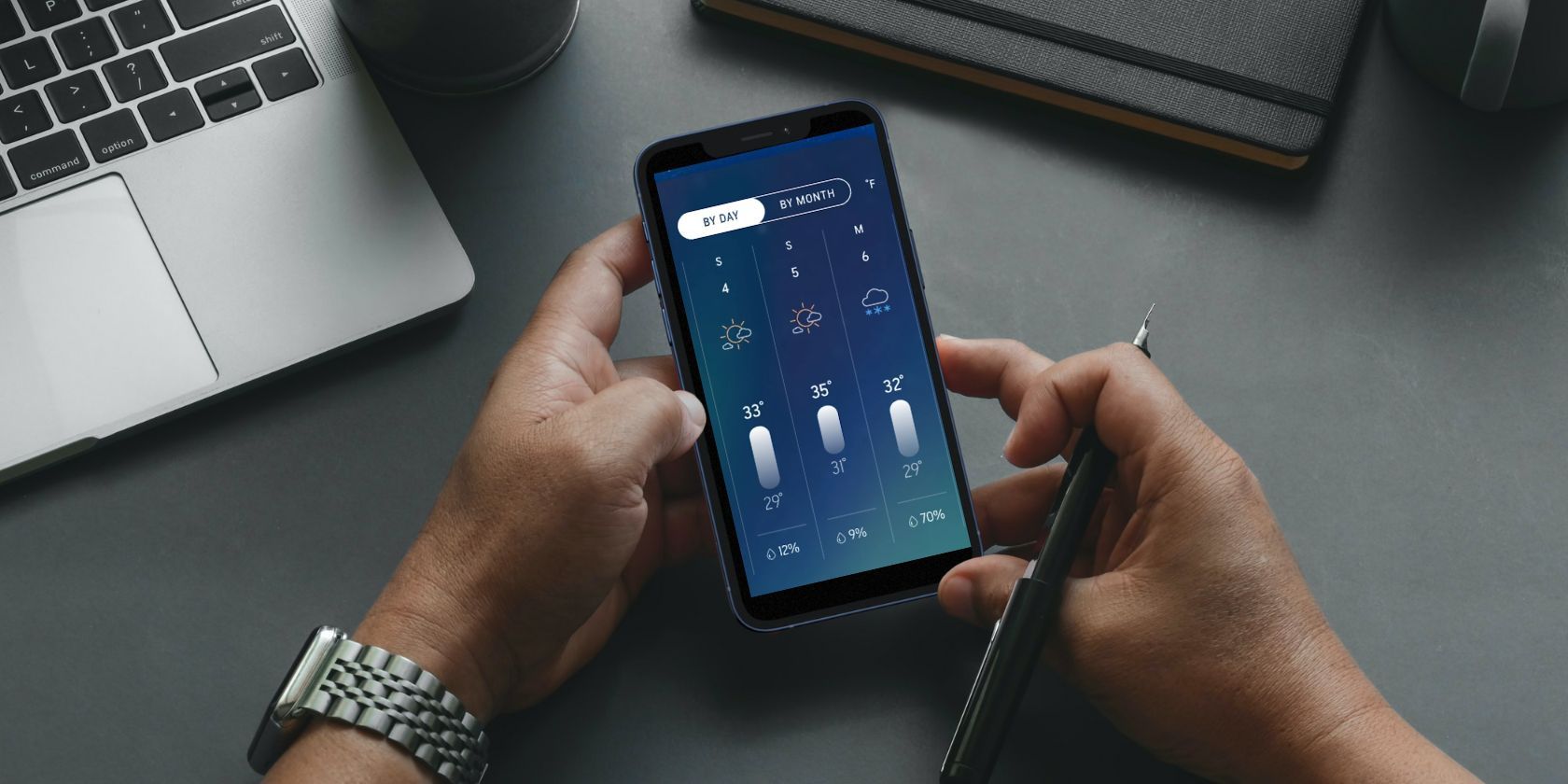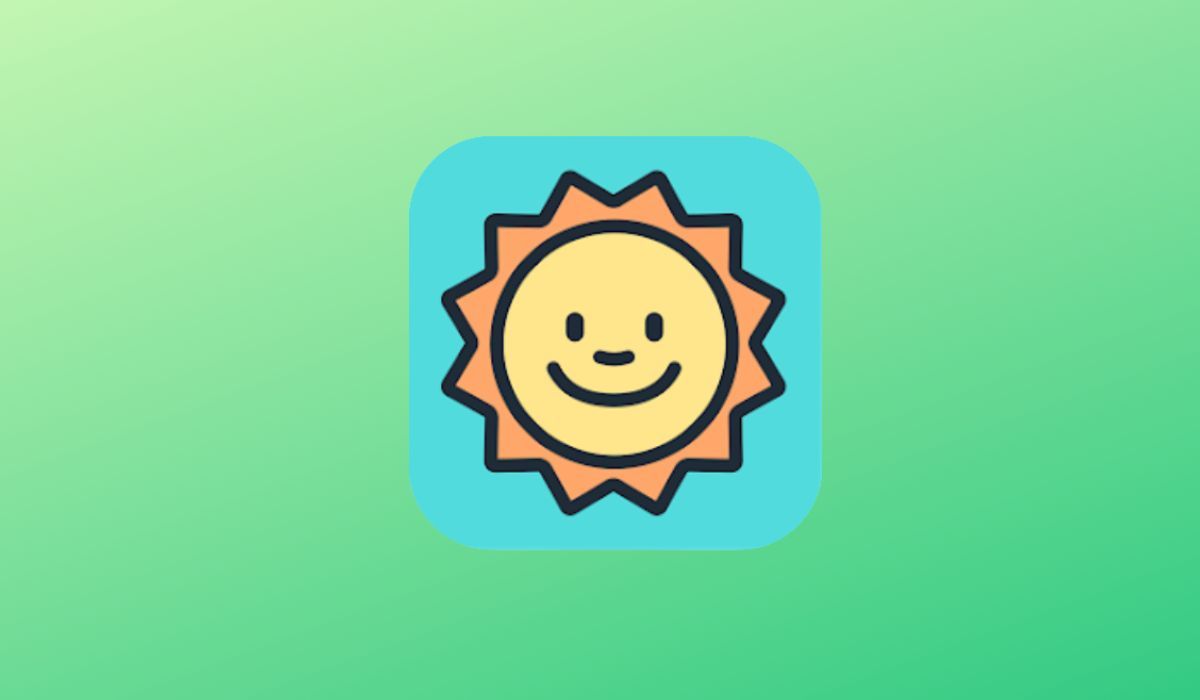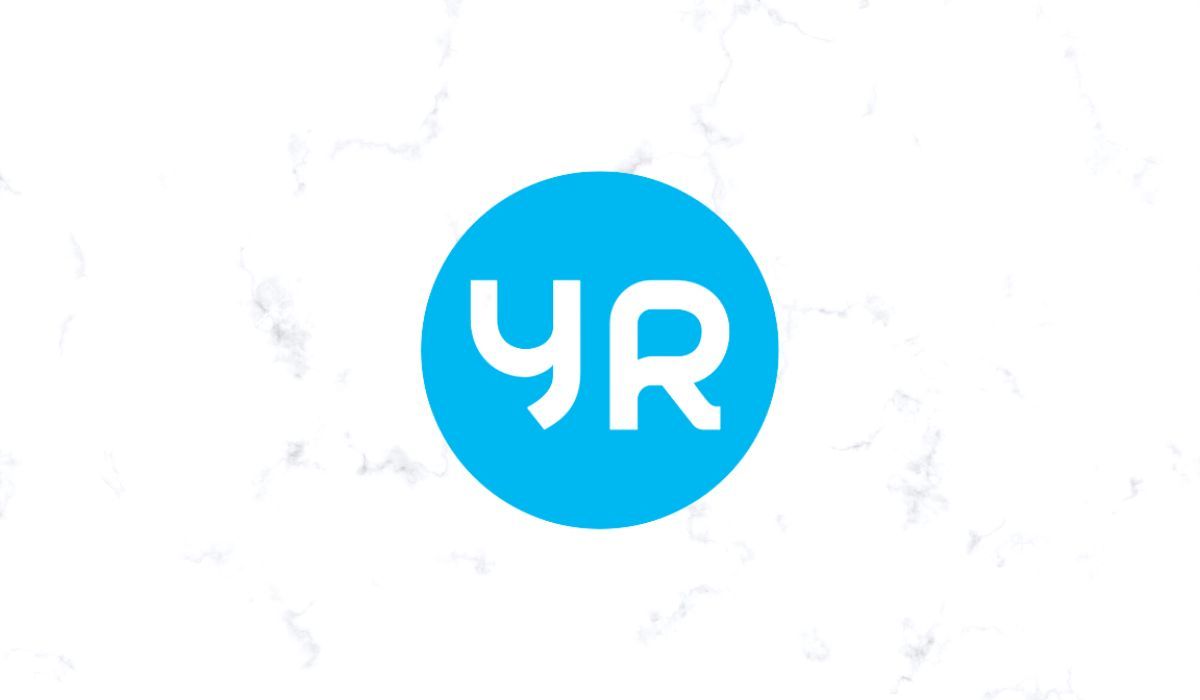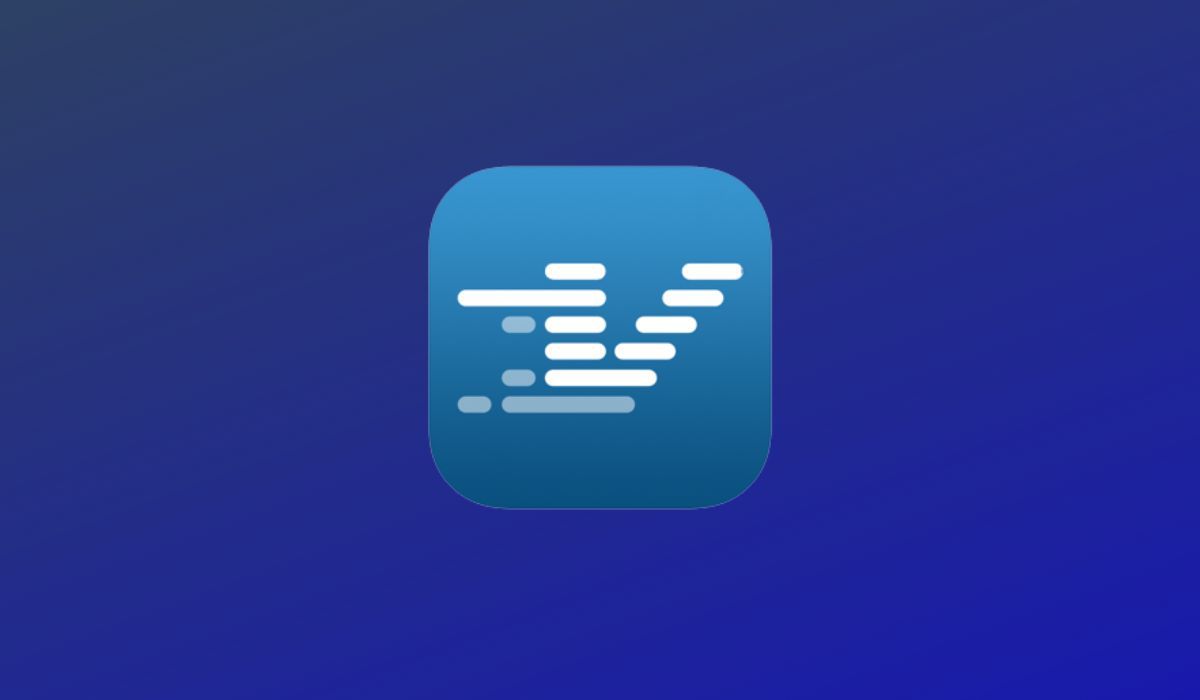If you want to plan your day accordingly, you need a weather app. Every smartphone has one, and there are plenty of third-party apps as well.
Most of these apps are completely free, which is just another added bonus. What's not to like? Well, in reality, they are a potential cybersecurity risk.
How Your Weather App Tracks You
Weather apps are simple, lightweight, and actually serve a useful purpose. They are also relatively easy to develop, which explains why there are so many of them.
Like all software, weather apps need certain permissions in order to work properly—they usually demand location access at least. This, of course, makes perfect sense. After all, a weather app needs to know where you are in order to provide you with important information, send notifications on time, and so on. But what doesn't make sense (at least from a functionality perspective) is a weather app sharing your location data with third-parties; or demanding access to your contacts, camera, microphone, email address.
And while sharing personal information to use a piece of software for free may be a reasonable trade-off for some, even those that have no issue with this would probably have a problem with an app collecting data they never explicitly consented to sharing. Yet that is exactly what some weather apps do.
The incentive here is clear: apps gather data, and sell it to third-parties to make money. Location data is particularly valuable, since it allows advertisers to launch highly-targeted campaigns, and improves conversion rates.
Weather Apps Caught Violating User Privacy
In 2017, the mega-popular AccuWeather app was caught sending users' location data to a third party—this also included users who switched off location sharing on their devices. As ZDNet reported at the time, AccuWeather shared this information with Reveal Mobile, a company focused on data monetization.
In 2019, the Los Angeles city attorney’s office filed a lawsuit against the Weather Channel app. The lawsuit claimed that the mobile app, which is owned by IBM, failed to disclose that users' location data would be sold to third-party companies. The two parties ultimately reached a settlement, per Threatpost.
But these are just two notable examples. Things appear even worse when you zoom out and look at the big picture. That is precisely what The New York Times did in 2021, when it analyzed 20 popular weather apps. Of those 20 apps, 17 were shown to gather user data for advertising purposes, while 14 harvested location information for the same reason. And it's important to note that the NYT only looked at the iOS platform, so one can only imagine the extent to which weather apps violate Android users' privacy, being that Android is far less private by default.
It should also be pointed out that not all of these apps mislead their users—some are actually upfront about how much data they collect, and for what purposes. But if you care about privacy, that hardly makes any difference. Why would you let a weather app gather your data and share it with advertisers and other third-parties?
Privacy-Friendly Weather Apps
Here's the good news: you don't have to use your phone's built-in weather app if you don't like it, and you don't need to give up your personal data in order to figure out if you need to bring an umbrella to work tomorrow. Here are three weather apps that actually respect user privacy.
1. Hello Weather
Developed by an indie company called Electric Dream Machine, Hello Weather is an unpretentious and simple app that won't bore you with comprehensive data, flashy graphics, and pointless gimmicks. It will pretty much just tell you the weather, which is presumably all most people want from such an app.
Those who want more can upgrade to the pro version, and get information about things like pollen, air quality, wind speeds, map layers, and so on. The pro version also includes customizable widgets, various themes, and additional notification options.
Hello Weather's privacy policy and terms of service are very concise. That's because the app is not interested in collecting user data, with the team behind it making it clear on the official website that they "don’t want to know anything about you unless you contact [them] yourself."
Download: Hello Weather for iOS | Android (Free, subscription available)
2. Yr
Hosted by the Norwegian Broadcasting Corporation and the Norwegian Meteorological Institute, Yr is another no-nonsense weather app that just does what it is supposed to. It is completely free, and uses open data from the European Organization for the Exploitation of Meteorological Satellites, GeoNames, and the Norwegian Polar Institute.
The app itself is very easy to use, and contains all the necessary information but does not overwhelm the user. For those who'd like a bit more detail, it can show the weather forecast in graphs or in table format.
More importantly, Yr is ad-free and only collects the data it absolutely needs to work properly. According to its privacy policy, the app only uses location data to show users the weather in their area.
Download: Yr for iOS | Android (Free)
3. Ventusky
If you don't like minimalist weather apps, then Ventusky is probably the best choice. Developed by the Czech company InMeteo, Ventusky is an impressive piece of software.
The default interface is a map of your area, which shows temperature colors and wind direction lines, sort of like those weather graphics you see on television. Obviously, you can zoom in and out, check the weather elsewhere around the world, and find more information about air quality.
And that's just the free version; the paid one has more advanced features.
Per its privacy policy, Ventusky only collects anonymized usage data and location information, though you can actually use the app without disclosing where you are.
Download: Ventusky for iOS | Android (Free, subscription available)
Don't Let Your Weather App Track You
We are supposed to track the weather, not the other way around. Few people realize just how invasive most weather apps are, probably because it's hard to believe something so innocuous like checking the forecast could jeopardize a person's privacy.
But you'll be fine as long as you stick to Hello Weather, Yr, and Ventusky. And if you want to add another layer of security to your smartphone, consider ditching your regular browser, messaging app, and email client for more private alternatives.




